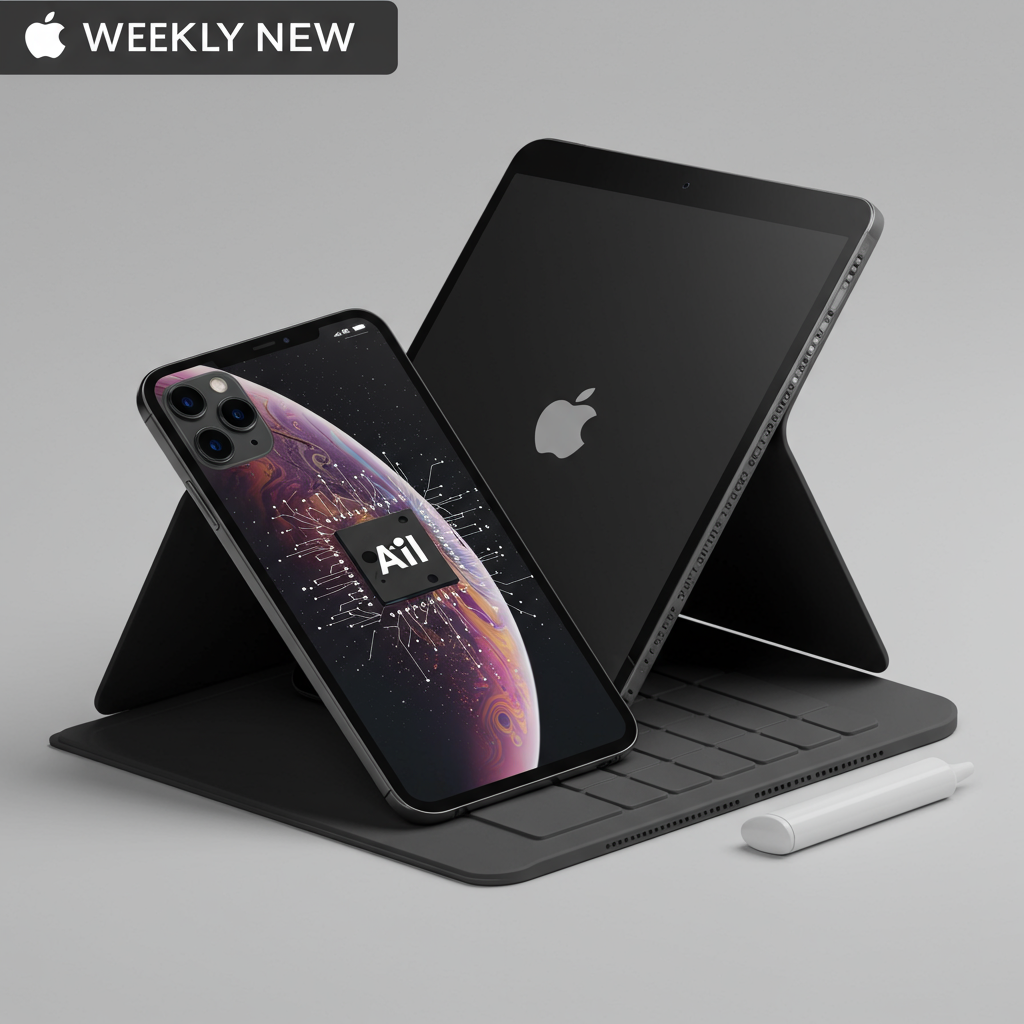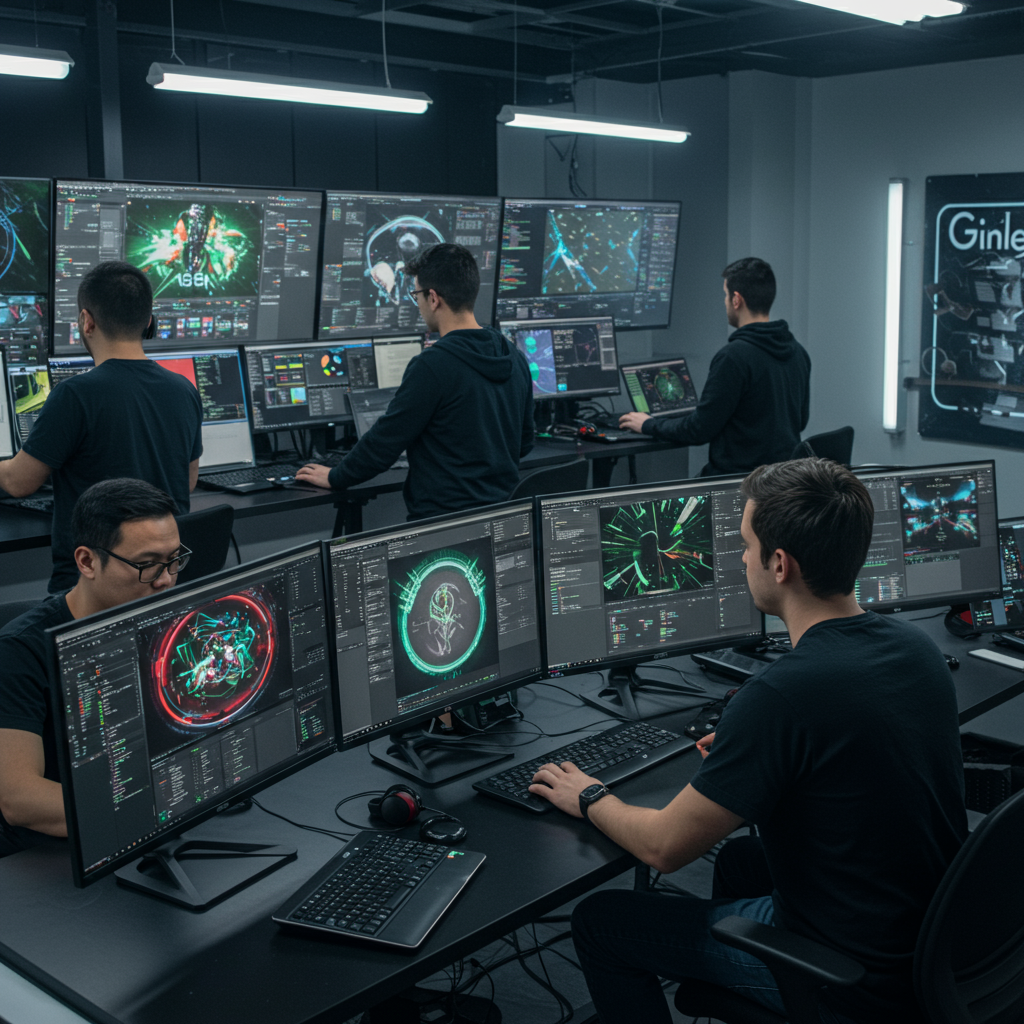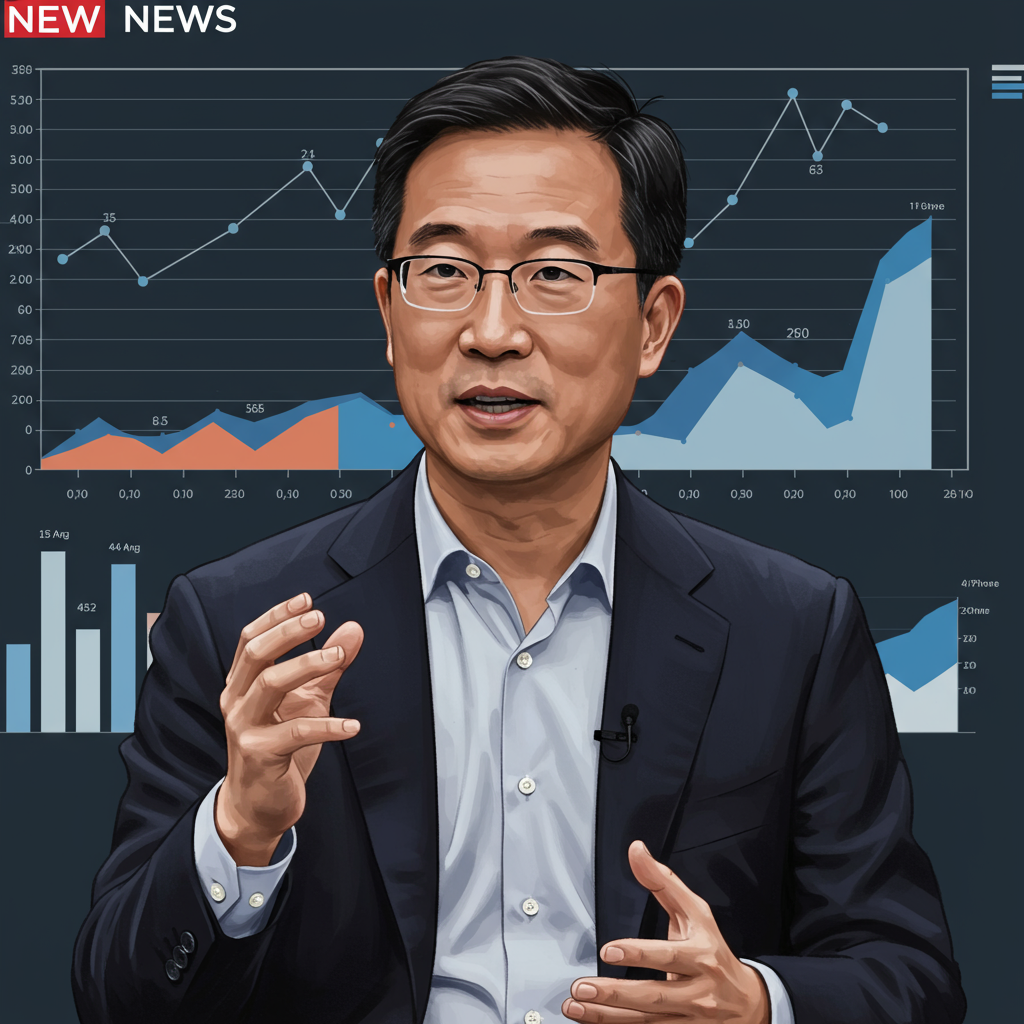Apple CEO Tim Cook and the company promised a significant upgrade for the Siri voice assistant last year, specifically highlighting advancements leveraging artificial intelligence. However, those much-anticipated features have yet to materialize, fueling concerns that the tech giant is lagging in the fiercely competitive AI landscape.
This delayed AI rollout has reportedly led to a highly unusual development involving one of the most influential voices covering Apple today: blogger and podcaster John Gruber.
Siri’s Stalled Evolution and the AI Race
For years, critics have pointed to Siri as a notable exception to Apple’s reputation for polished, “insanely great” products. Despite its prominent placement on devices and the company’s vast resources, Siri has often been seen as frustratingly limited, particularly when compared to the rapid advancements in modern large language models (LLMs).
The failure to deliver the promised AI-driven enhancements has intensified this criticism and raised questions about Apple’s overall AI strategy. While other tech companies are rapidly integrating generative AI across their products, Apple appears to be taking a more cautious or perhaps slower approach.
A Scathing Critique from a Key Voice
John Gruber, known for his detailed analysis and deep insights into Apple on his site Daring Fireball, recently published a scathing essay titled “Something is Rotten in the State of Cupertino.” In it, he didn’t just call the Siri delay a simple scheduling slip. Gruber argued it was symptomatic of deeper issues within Apple’s leadership and potentially indicative of “cultural rot.” He issued a stark warning, suggesting that if these fundamental problems aren’t addressed, “the ride is over” for the company.
Gruber believes Apple might have gotten “caught up in the hype” surrounding AI, over-promising at last year’s Worldwide Developers Conference (WWDC) by dedicating significant time to “Apple Intelligence” and showcasing a smarter Siri that wasn’t ready. He suggests Apple’s current strategy seems more focused on making its devices the best platform to use third-party AI services, like integrating with tools such as ChatGPT, rather than necessarily pioneering the core AI technology itself.
The Unexpected Fallout: Breaking a Decade-Long Tradition
For the past ten years, it has been a post-WWDC tradition for Apple executives, including Tim Cook, to sit down for an extensive interview on John Gruber’s show. It was a rare opportunity for in-depth discussion directly from Apple leadership, highly anticipated by analysts and enthusiasts alike.
However, this year, Apple broke that decade-long streak. Executives did not appear on Gruber’s show following the conference. While Apple reportedly told Gruber the decision was only for this year, the move is widely interpreted as a direct consequence of his recent, sharp criticism, particularly concerning the Siri AI situation.
Following his critical essay, Apple executives privately reached out to Gruber. He stated they were “not happy” and felt his critique was “not fair.” This private feedback apparently culminated in the decision not to grant the traditional post-WWDC interview this year.
Gruber’s View: A Win for Independence?
Despite the perceived “snub,” Gruber sees Apple’s decision as a “total win” for him personally and a “huge loss” for Apple. He argues that it underscores his independence and demonstrates that his work doesn’t rely on privileged access to executives. He believes skipping his show was a missed opportunity for Apple to engage with a significant niche audience, and given the context of their struggles with AI and Siri, the decision makes Apple “look bad.”
The situation highlights the delicate balance between tech companies and the independent journalists and analysts who cover them, especially when criticism touches upon core strategic challenges like leading the charge in artificial intelligence.



